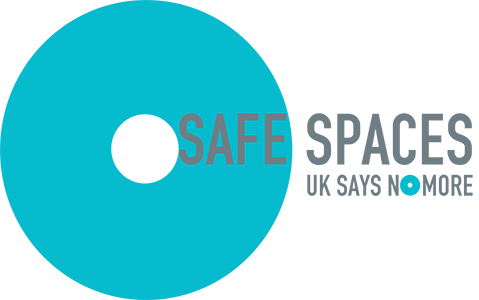Humane Removal of Fish From Canvey Lake
Humane removal of fish from Canvey Lake
Following the heatwave in 2022, which saw thousands of fish die at locations across the UK and had a devastating impact on the fish in Canvey Lake, the Town Council met with organisations including the Environment Agency, Anglian Water, Essex County Council and Castle Point Borough Castle with a view to improving fish welfare. After reviewing all options, it was decided the most humane course of action would be to remove a large quantity of fish from the lake and temporarily suspend fishing to allow the ecosystem to recover.
The decision has been taken on the advice of environmental experts to remove a substantial quantity of fish stock from Canvey Lake for their own welfare and to help improve the ecology and biodiversity of the area. The fish will be moved into isolation ponds by a specialist contractor under the supervision of The Environment Agency where they will be allowed to live out the rest of their natural lives. All fishing will also be suspended at the lake until further notice to help it to recover from the damage caused by last summer’s extreme heat. Apart from the removal of fishing rights, the lake will remain open to the people of Canvey.
Over the last few years and due to the impact of Climate change we have seen an increase in extreme heat, the lack of rainfall and the shallow nature of the lake causing excess evaporation and algal bloom'. This results in reduced oxygen levels, and more concentrated toxins such as ammonia, in the water and in turn leads to the death of fish, water birds and other wildlife.
Many fish in the lake also suffer from Koi herpesvirus (KHV). While KHV poses no risk to human health, it causes serious skin lesions in some fish and can lead to large scale mortality.
Canvey Island Town Mayor, Cllr Doreen Anderson, said: “We know that Canvey Lake is a valued open space for the community and popular with fishermen, but the reality is it is not a fishery or an ornamental lake. It is a surface water run off tank, designed to take water from the surrounding roads, and as such is very polluted. “With less rainfall and warmer summers, we know that what happened in 2022 will happen again,” continued Cllr Anderson “Unless something changes, we will keep repeating this cycle and so cannot allow such a large fish population to exist in the lake.”
The Council will be looking to work with Thames 21 and other environmental organisations to review other ecological interventions to help improve water quality and hold a public consultation to review a future plan for the lake.


